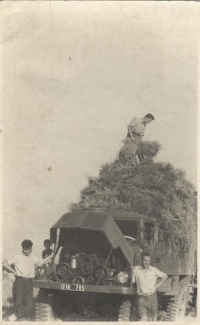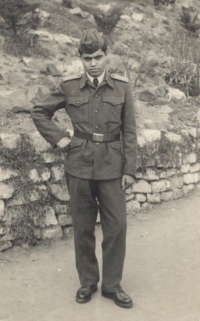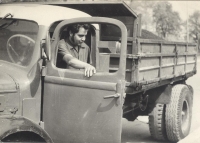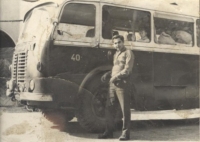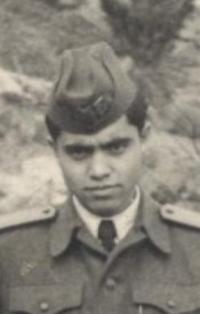They survived by the fire in front of the burned house and did not have any bread for half a year
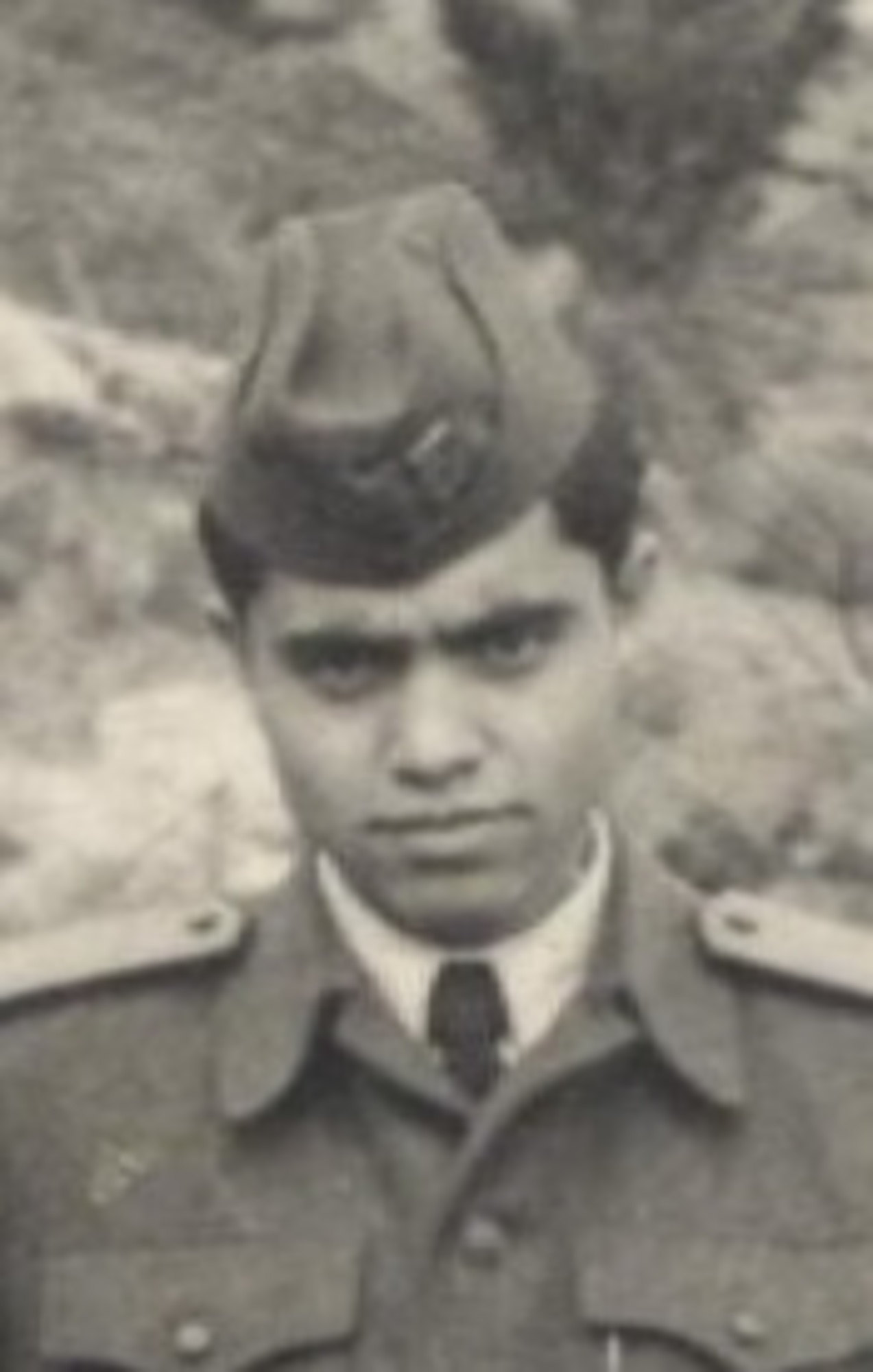
Download image
Michal Čonka was born in 1935 in Piskorovce in the Šariš region in Slovakia. At the end of the war, his family experienced many hardships and fears for life. They hid from German soldiers in the woods. Even after the war, they had nothing to eat or any place to live, as their cottage was burned down. In the summer of 1945, they were assisted by UNRRA, founded by the United Nations (UN) to help the war victims. Two years later, the family moved to the Czech Republic for work. The witness only learned to read here at the age of 12. He trained as a mechanical locksmith and became a sought-after worker. He worked in the Ostrava steelworks, as a bus driver or a boatman. He emigrated to Germany in 1980 and did not return home until twenty years later. In 2013, Michal Čonka lived in his Ostrava apartment.
